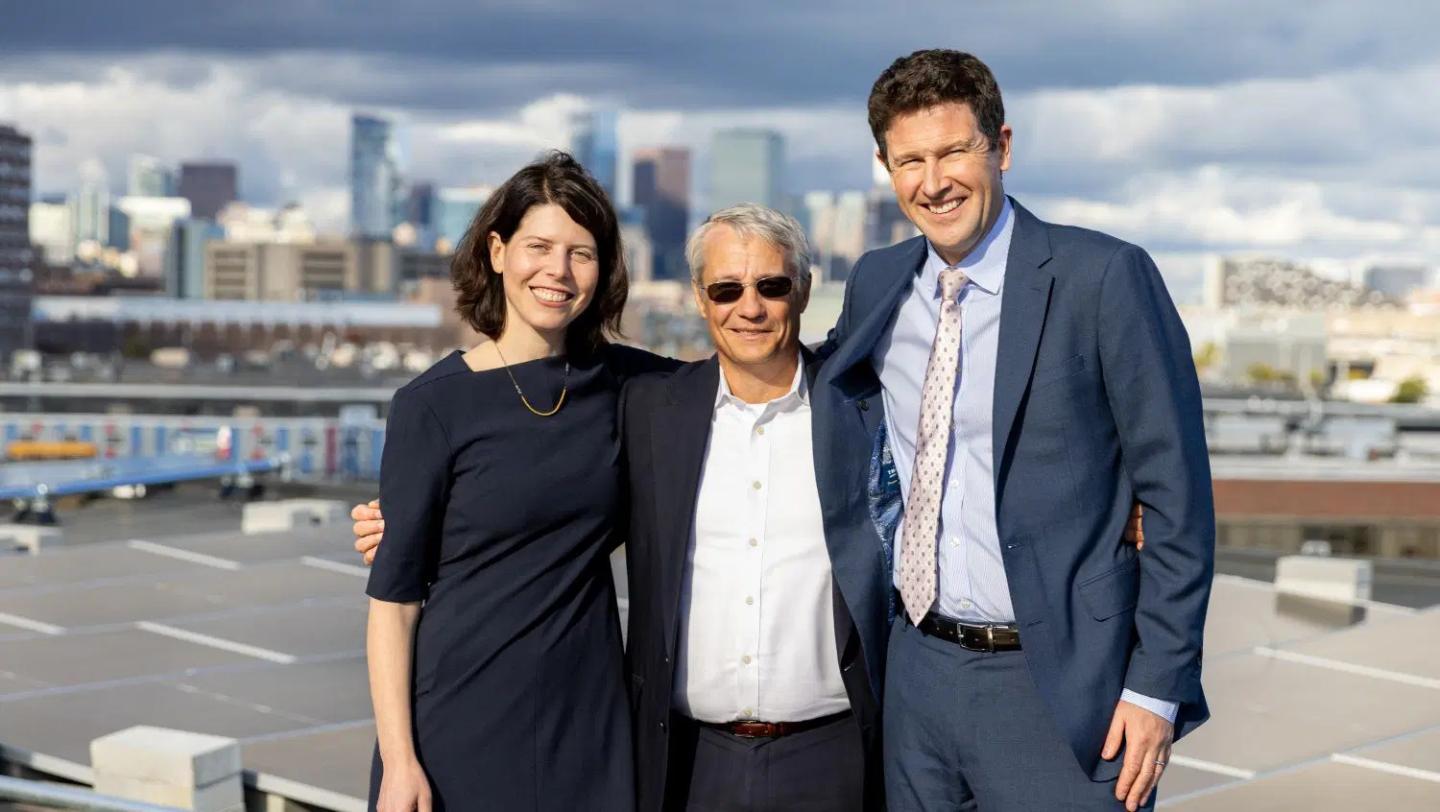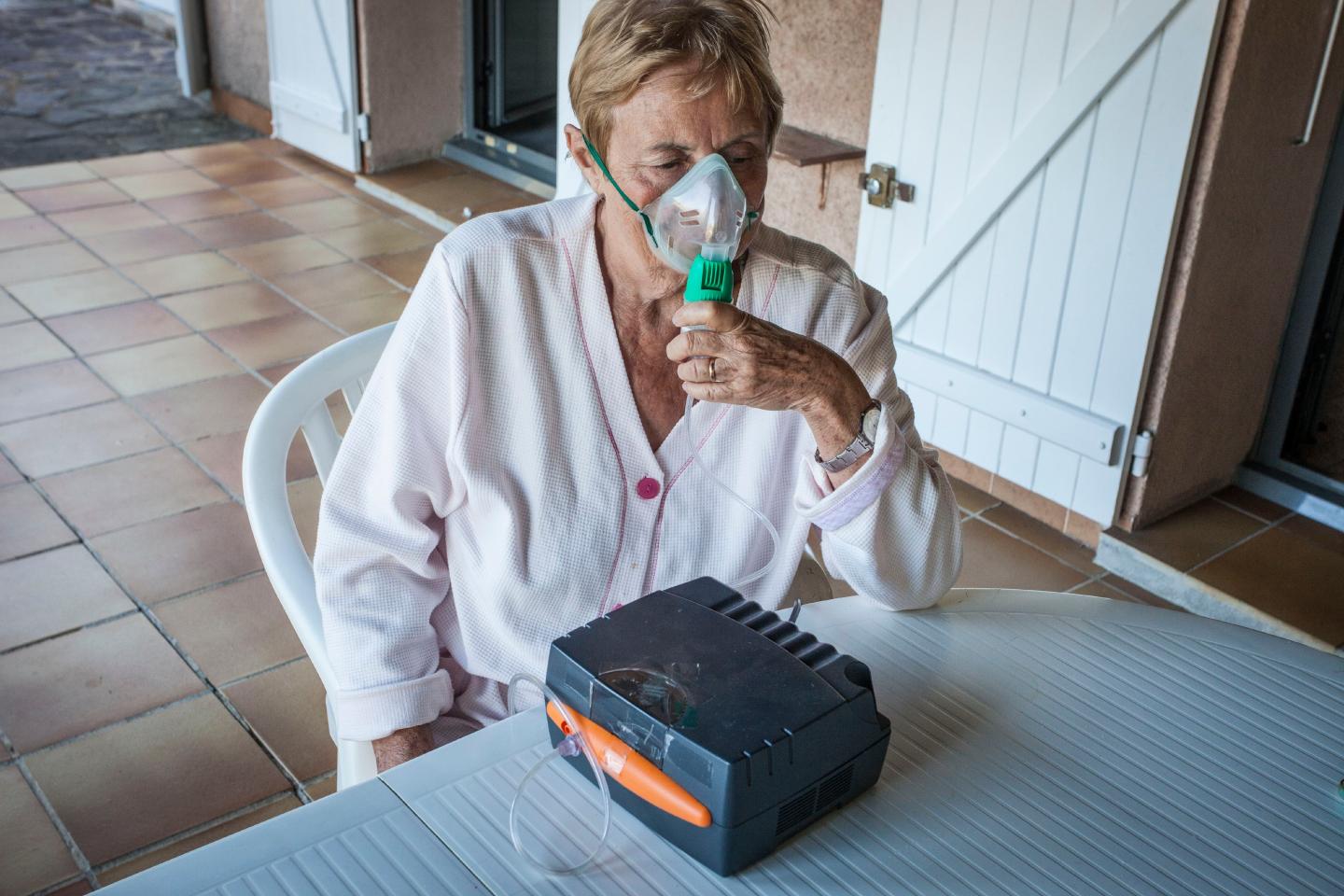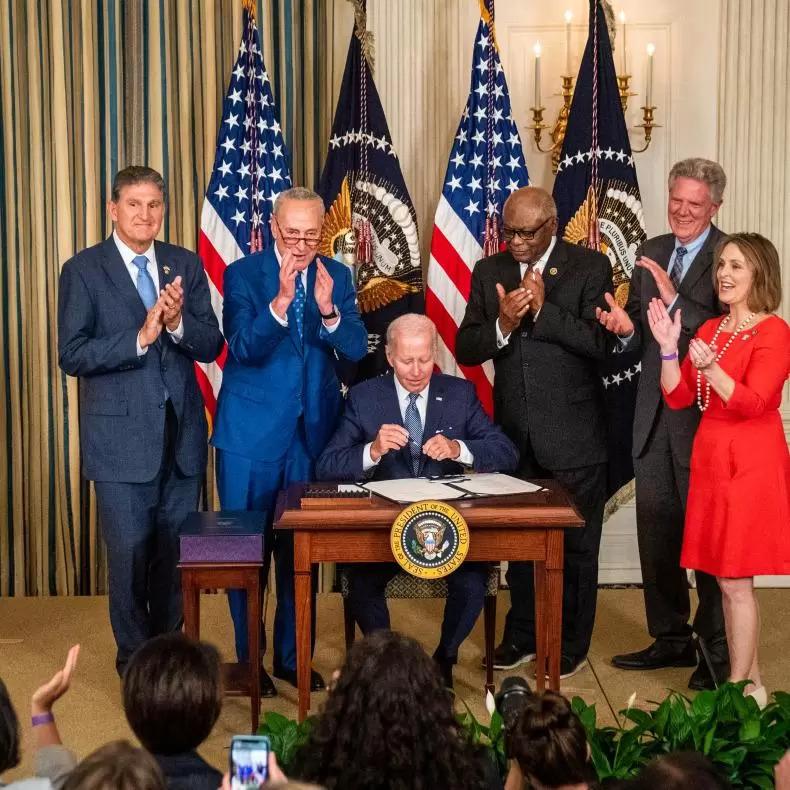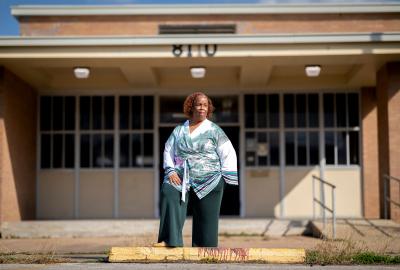This Boston hospital is prescribing solar energy
Dr. Anna Goldman’s patients, many of whom have complex medical issues, often suffer from another problem that endangers their health: They can’t afford their electric bills.

“A lot of my patients need power to use medical devices,” explains Goldman, a practicing physician and medical director of climate and sustainability at Boston Medical Center, New England’s largest safety-net hospital.
Things like home oxygen machines, nebulizers for asthma and refrigerators to store medicines all rely on electricity. “And especially with climate change, ” she says, “there are more and more very hot days where air conditioning is essential to staying healthy, especially for people of more vulnerable health.”
Now, as Boston swelters under extreme heat this summer, her patients have a new source of relief. Thanks to a 2022 federal climate law and a bit of ingenuity, Goldman and her BMC colleagues have a new way to support their patients’ health — a new solar array that helps pay their electric bills.
The Clean Power Prescription
For years, Goldman and her colleagues have been writing letters by the hundreds to utilities on behalf of their patients, outlining the medical necessity of keeping their electricity turned on.
After the Biden-Harris administration made hundreds of billions of dollars available to tackle climate change in August 2022, through the Inflation Reduction Act, Goldman had an idea: What if the IRA could help fund a solar array at the center that would aid in defraying patients’ electricity costs, while also helping clear up local air pollution?

When Goldman approached BMC’s head of facilities (now Chief Sustainability Officer) Bob Biggio, with her idea, it clicked. The medical center was already in the process of developing a solar array on an administrative building, which was going to be used to generate electricity onsite.
“Why don’t we just prescribe the power from our new solar facility to those patients?” said Biggio. A special provision in the IRA — the Low-Income Communities Bonus Credit — would lower the cost of the solar installation for the medical center and enable it to switch the benefits from the center to its patients.
A new pilot program, the Clean Power Prescription, was born, and began enrolling patients this spring. BMC is applying the proceeds from selling its solar electricity to the local utility to the electric bills of patients in need.
Solar power’s many benefits
As many as 100 patients will save an average of $50 a month, enabling them to better afford medicines, housing, healthy food, transportation and other necessities that support their health.

At the same time, the solar array helps the local community become less reliant on fossil-fuel-generated power, leading to cleaner air and a more stable climate. That’s good news for Boston, where more than 300 people die prematurely each year from cancers, heart disease and strokes caused by air pollution, according to researchers at Boston College. Dirty air is also responsible for more than 1,800 asthma cases among the city’s kids each year.
“The Clean Power Prescription is an exciting example of what the Inflation Reduction Act tax credits have made possible,” says Nicole Buell, who, as a congressional staffer, helped write the IRA before joining the nonprofit Environmental Defense Fund to aid in rolling it out. "It’s bringing the environmental, health and economic benefits of renewable energy to low-wealth households right in their own community.”
“I believe that BMC offers a new model of healthcare, in the sense that it addresses these issues head on,” says Goldman, who highlights the climate benefits of the program.
“There’s been great feedback from staff and from patients who are proud to receive care or work at a hospital that does something like this,” she says.
- How one family saved $13,000 on their taxes by going green
- The US passed two huge climate laws in the past four years, and they’re already changing lives
Goldman is now working with other institutions and businesses in Boston to build out additional solar arrays that can contribute to the Clean Power Prescription and help expand its reach. A growing number of hospitals across the country have contacted her about replicating the CPP model.
As Biggio says, “Healthcare shouldn’t be waiting for people to become ill and then come to the hospital. We should be proactively trying to keep our community healthy.”
With the help of the Inflation Reduction Act, BMC is doing just that.


